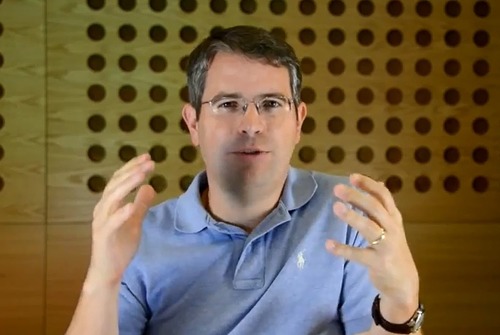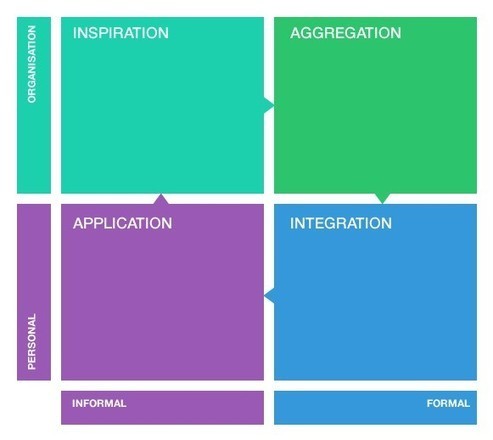What is Google Authorship? Tips and Resources
Last week, Scoop.it announced its integration with Google+ Pages and Google Authorship. As CEO Guillaume Decugis explained, “we actually believe curation is a form of creation. So just as Google introduced Google Authorship as a way for publishers to be more visible in search results and benefit from a natural SEO method, we felt it was also important to add Google+ to the platform. So from now on, you will be able to link your Google+ profile to Scoop.it and not only be recognized in search results for your curated content but derive higher traffic from Google Search through the improved visibility authored results enjoy.”
Read More




























